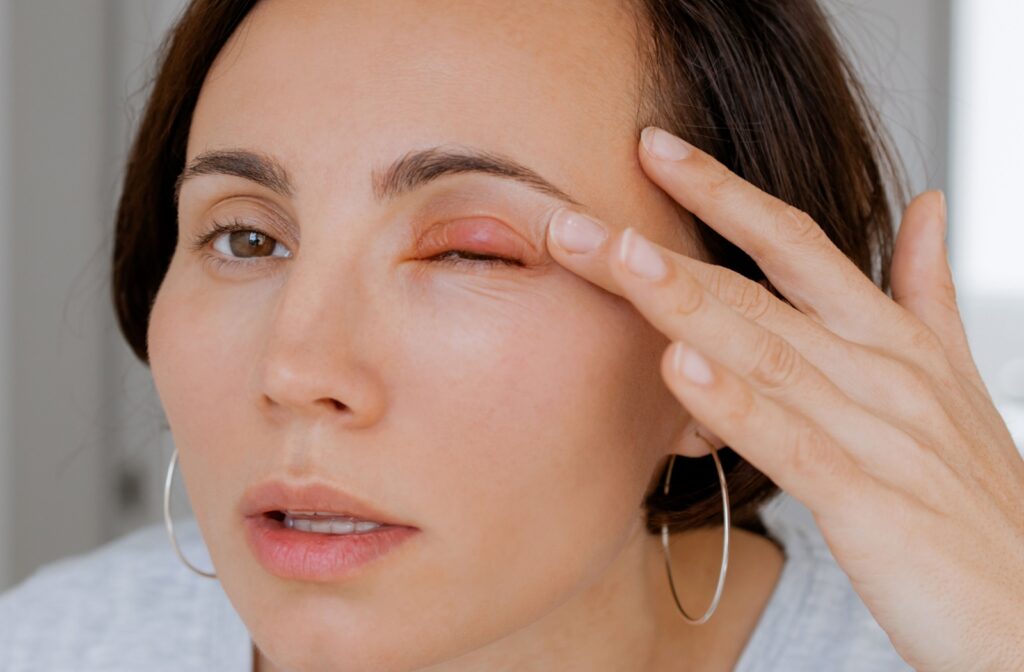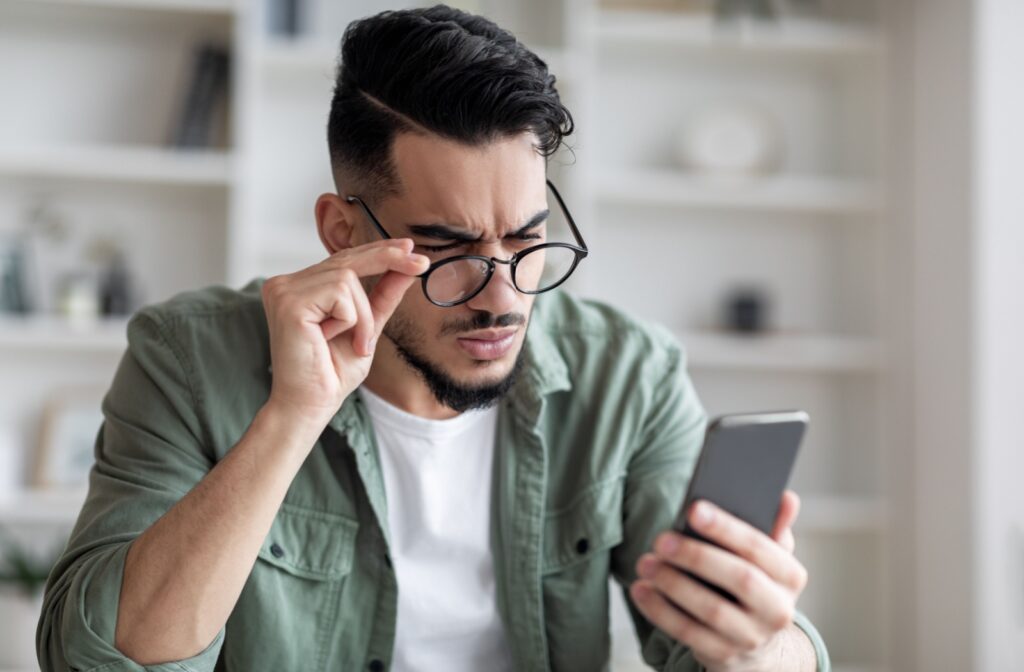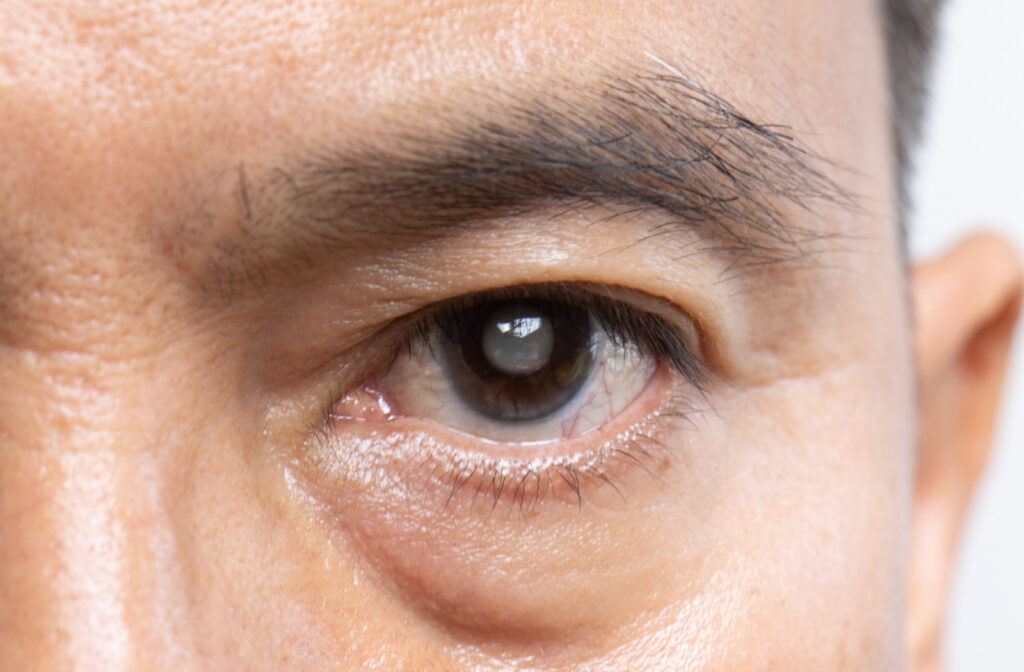While dry eyes do not directly cause styes, they can contribute to the development of this condition. Dry eyes can lead to irritation and inflammation of the eyelids, which in turn can create an environment more susceptible to bacterial infections. When the glands along the edge of the eyelid become blocked or irritated, it increases the likelihood of a stye forming. […]
Can Dry Eyes Cause Styes?













